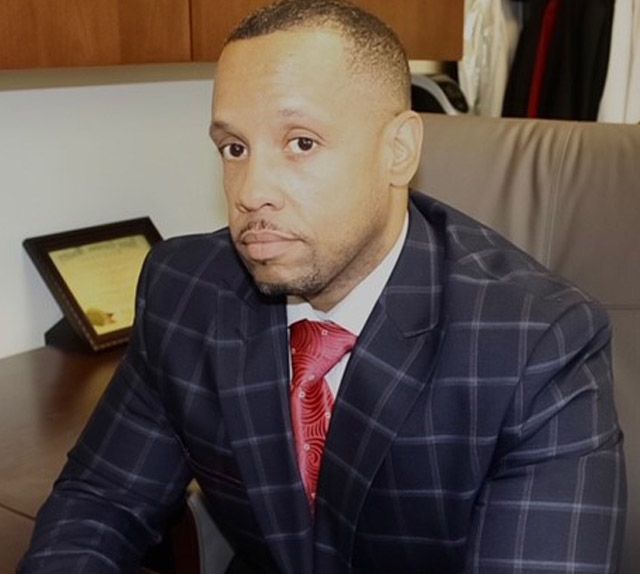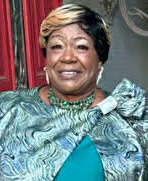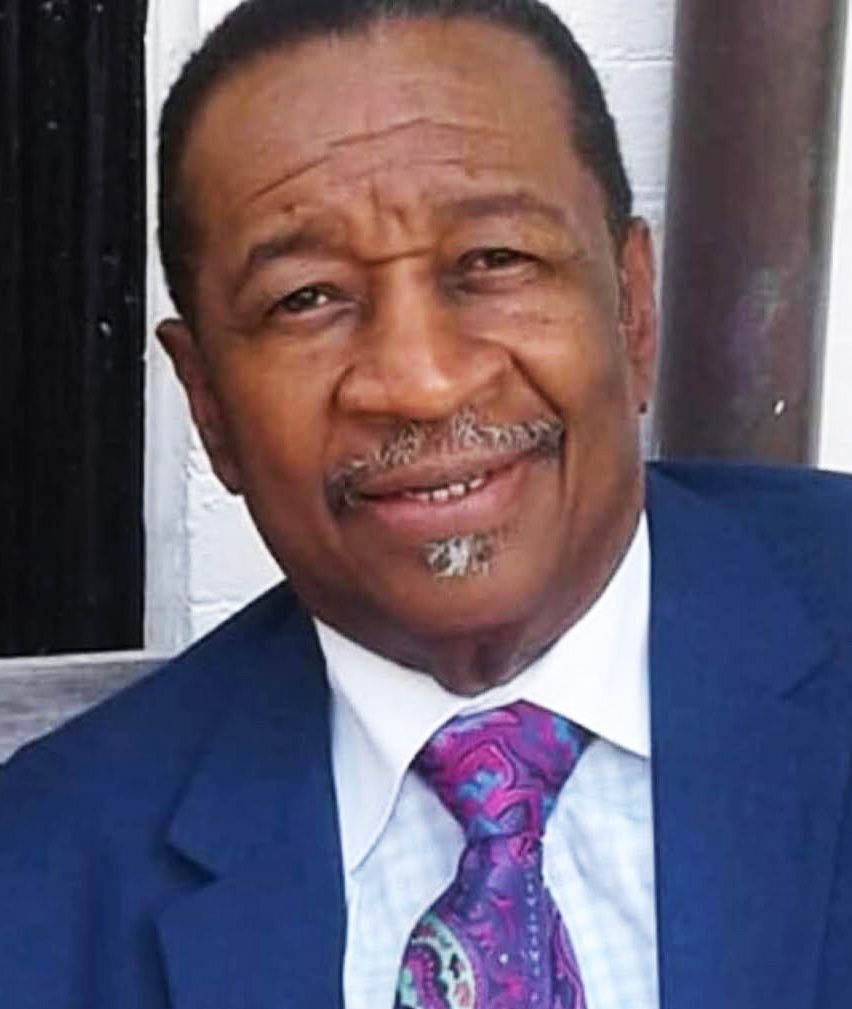Domestic Violence
Larissa Camp

Domestic violence is an issue that affects people from all backgrounds. It can be physical, emotional, psychological, or financial abuse and often goes unnoticed due to fear, shame, or love for the abuser. Abusers often use a variety of techniques to manipulate their victims, undermine their confidence, control their behavior, and limit their access to others who can help. Domestic abuse can often be subtle and difficult to recognize, especially for those who are not directly involved in the relationship, such as family members, friends, and colleagues. When family members are aware of the situation and respond with compassion and action, they can be a powerful force in helping victims escape abusive relationships and start the healing process.
In the early stages of a relationship, an abuser may shower their partner with excessive affection, attention, gifts, and declarations of love, with the intent to create a sense of urgency for commitment in the relationship. Often, what appears as a small harmless request, such as wanting to spend more time together or knowing the partner’s whereabouts for safety reasons, turn into demands that dictate who the victim can see, where they can go, or what they can wear, furthering their control over the victim.
Abusers may share stories of their difficult pasts, such as childhood trauma or previous heartbreaks, to gain sympathy and further create an emotional bond with the victim to cover for the abuse that is happening. They do this to purposely justify their reason for abuse, making the victim their support system and punching bag. As a result of this affection and aggression dynamic, it creates conditions that make it harder for the victim to leave the relationship.
Abusers often deploy intimidation tactics and threats of abuse to maintain power and control over the victim should they consider leaving the relationship. This includes but is not limited to displaying weapons, destroying property, threats to inflict harm on the victim’s family, and self-harm or suicide. The intended goal of an abuser is to completely dominate every aspect of the victim’s life, creating total dependence upon the abuser.
Below are some of the signs of abuse but are not limited to;
Physical Abuse:
- Visible injuries: Bruises, cuts, burns, or broken bones
- Unexplained absences from work or school
- Changes in appearance or behavior
- Fear of being alone
- Deliberate isolation.
Emotional Abuse:
- Constant criticism or belittling
- Isolation from friends and family
- Controlling behavior
- Threats or intimidation
- Gaslighting (making the victim question their own reality).
Psychological Abuse:
- Constant monitoring or tracking
- Excessive jealousy or possessiveness
- Threats of self-harm or suicide
- Attempts to control finances or access to resources.
Financial Abuse:
- Denying access to money or credit cards
- Preventing the victim from working
- Forcing the victim to give up assets.
Remedies to Mitigate Domestic Violence
Family members can play a critical role in supporting or unintentionally harming victims of domestic abuse. Families can assist victims of abuse in healing by reaffirming who they are, reminding them of their strengths and past achievements, which serves as a source of encouragement, and listening when the victim is ready to come forward with any questions or concerns about their relationship. Many times, the victim may not have fully made the decision to leave. However, family members must remain supportive and available to provide a safe environment for the victim should they need a place to stay temporarily. This will aid in reducing the victim’s fear of leaving and, in turn, influence them to worry less about where they will go should they lack access to resources to start over immediately. Also, family support will provide a sense of safety and time for rest to the victim.
Families also must avoid blaming the victim for not leaving or for taking the side of the abuser, regardless of how well they think they know the abuser. To a victim of abuse, the feelings of shame and guilt reinforce and recreate the atmosphere of isolation all over again. The victim, who is now physically free from the abuse, would have to endure being made to feel as if they deserved what they experienced at the hands of their abuser. Furthering the attack on their self-esteem and ability to make positive decisions.
Conclusion
Domestic violence affects people from all walks of life. It is a complex problem with consequences both for victims and their families. It is important to remember that victims of domestic violence are not to blame for their situation, and the goal of abusers is to use manipulation and control tactics to isolate their victims to further perpetuate violence. Families play a vital role in providing support, encouragement, and a safe environment for victims as they find their way out of abuse and onto a road of recovery.
Sparkman Articles











